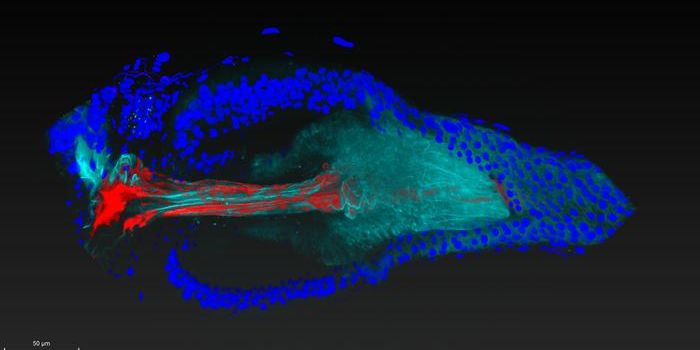"Raised Without Antibiotics" Labels Found to be Misleading
There is growing concern about whether our antibiotics can keep pace with the threats posed by new and emerging bacterial pathogens. Already, it's estimated that 700,000 people around the world die every year from antibiotic resistant infections, and scientists and experts have been warning that the problem will only get worse in the future. As such, there is pressure to limit the use of antibiotics when unnecessary, such as when they are prescribed for things that can't be treated with antibiotics, or when they are overused in industrial settings, such as in cattle production.
Demand has grown for meat that is raised without antibiotics (RWA). Researchers took note of labeling that's been approved by the US Department of Agriculture (USDA), and has given retailers and meat producers credibility when making claims about RWA. However, the USDA makes no verification of these claims, producers must sign an affidavit and outline their protocols to be approved to use the labels. Reporting in Science, investigators have found evidence that meat sold as RWA sometimes comes from animals that have been given antibiotics.
The study authors also noted that the USDA does do some testing for antibiotic residues in animals. However, fewer than 7,000 of the "more than 9 billion animals that are slaughtered in the US for meat each year" are assessed by the US National Residue Program, the study authors wrote. This program also has nothing to do with assessing RWA claims. Other labels, such as those from the Global Animal Partnership’s Animal Welfare Certified Program, or the USDA’s National Organic Program do not measure antibiotic levels in animals either.
In this study, the researchers assayed urine from slaughtered beef cattle that were part of the RWA market. In all, tests were performed on 699 animals, representing 312 lots and 33 different RWA-certified feedyards, which encompassed about 12 percent of the RWA market at the time of the tests. Of the 33 feedyards, three had multiple lots in which all animals showed evidence of antibiotics, while four feedyards had a single lot with all samples revealing antibiotics. In all, 42 percent of the feedyards had at least one animal test positive for antibiotics in their urine. The researchers wrote that the findings indicated that "today’s RWA labels lack integrity."
The researchers have proposed that standards should be introduced now, and that since there are valid reasons for using antibiotics sometimes, some mitigation might be helpful to producers. For example, if animals do need antibiotics, and they have to be removed from the RWA market, the USDA might provide some funding to producers that lose money for making the right decision to segregate and treat the animals.
They also encouraged the USDA to act, before consumer confidence is weakened and demand for RWA drops. Ultimately, it seems likely that we are all better off if the use of antibiotics is reduced in industrial agriculture. Two recent reports in Nature Food have determined that antibiotic resistance is on the rise among Chinese livestock.
Source: Science









